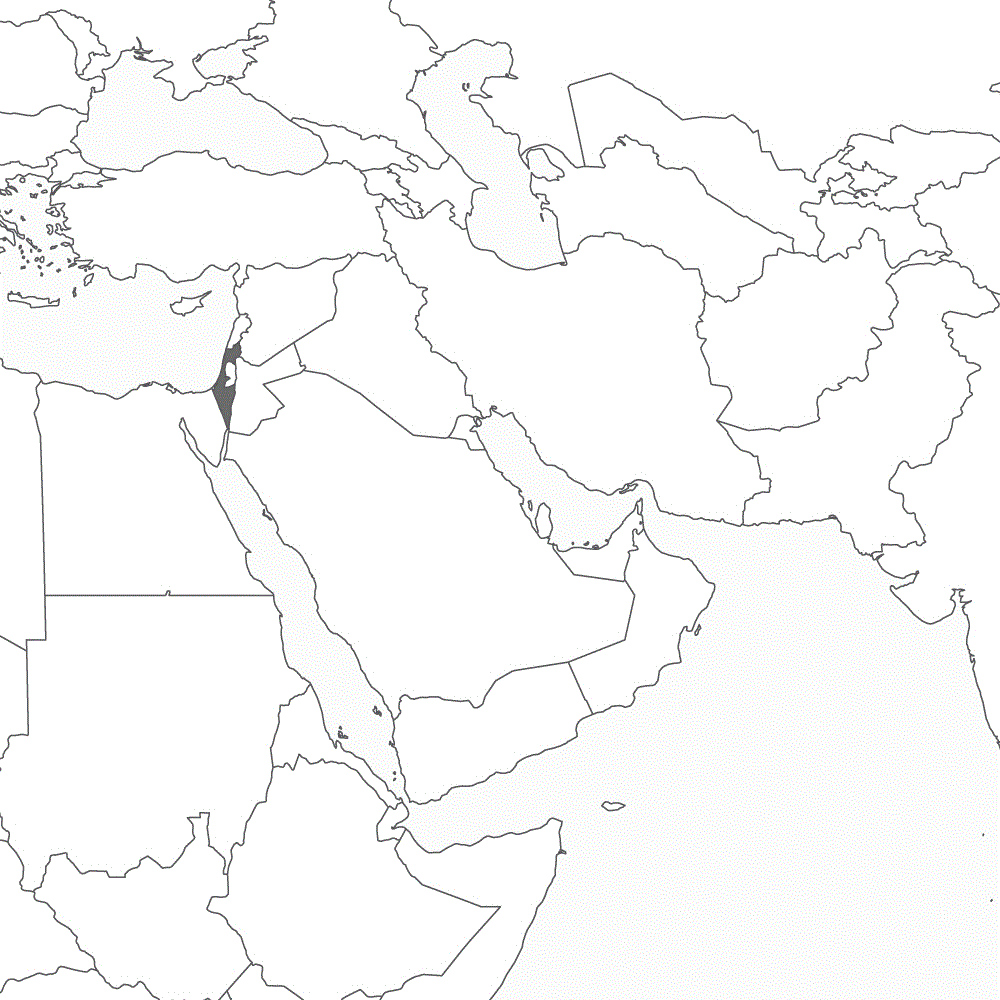„Das ist Militärkeynesianismus“
Interview mit Andrew Feinstein zu Deutschlands Rolle im internationalen Waffenhandel, zu den Gründen, wieso es eine neue Welle der Militarisierung in Europa gibt, und zu deutschen Waffenlieferungen nach Israel.
LONDON Über die Rolle deutscher Rüstungskonzerne im internationalen Waffenhandel, über die neue Welle der Militarisierung in Europa und über deutsche Waffenexporte nach Israel sprach german-foreign-policy.com mit Andrew Feinstein. Feinstein, der einst für den African National Congress (ANC) im südafrikanischen Parlament tätig war, ist heute Exekutive Director von Shadow World Investigations, einer gemeinnützigen Organisation, die Recherchen zu groß angelegter Korruption, zu gesetzeswidrigem Verhalten von Unternehmen und zu Militarismus durchführt, dies mit einem besonderen Schwerpunkt auf dem globalen Waffenhandel. Feinstein ist Autor mehrerer Bücher zum Thema, darunter „The Shadow World: Inside the Global Arms Trade (London 2011, deutsche Übersetzung: „Waffenhandel. Das globale Geschäft mit dem Tod“, Hamburg 2012), „Indefensible: The Seven Myths That Sustain the Global Arms Trade” (London 2012) und „Monstrous Anger of the Guns. How the Global Arms Trade is Ruining the World and What We Can Do About It” (zusammen mit Rhona Michie und Paul Rogers, London 2024).
